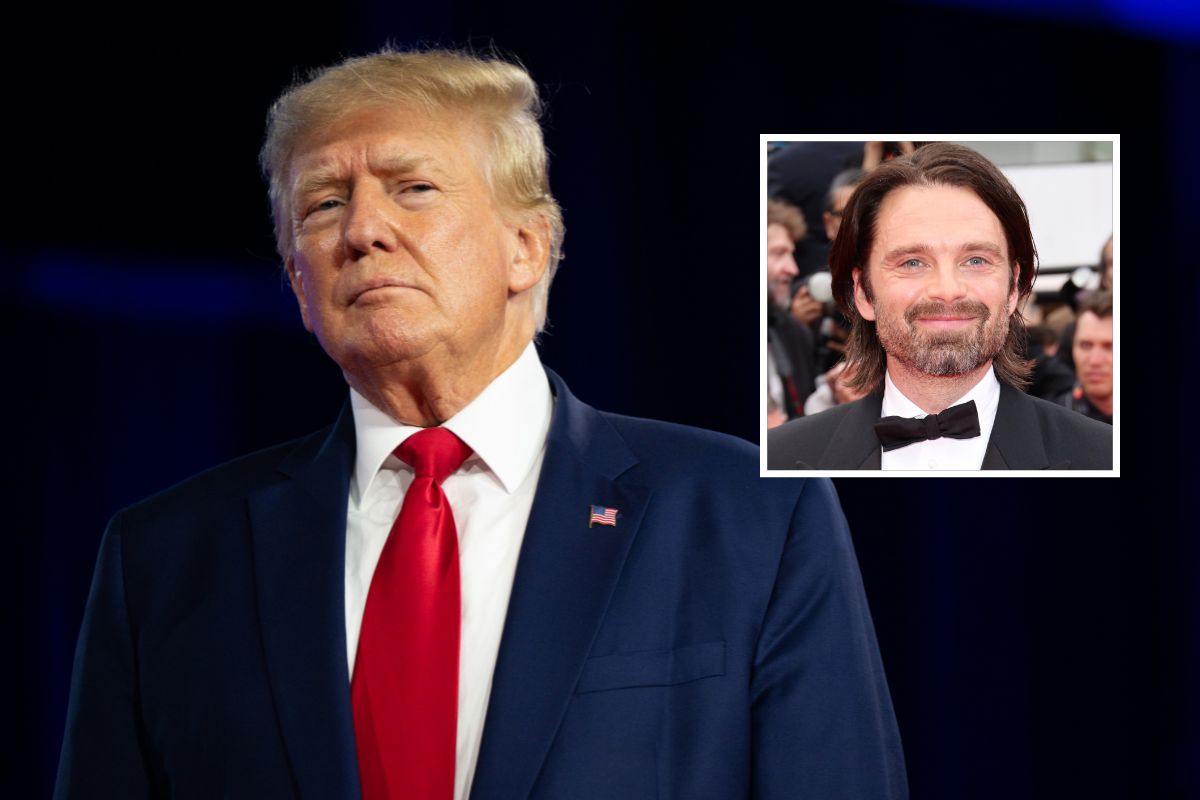Chinese commentators have accused the U.S. of "interfering" in its politics by arming Taiwan—and warned that Beijing would retaliate "swiftly, accurately, powerfully... [and] painfully."
The claims were made in an editorial published on Sunday in the Global Times, an English-language publication launched by the Chinese government to address Western readers. The opinion piece said that in response to "deplorable and dangerous" U.S. meddling in Taiwan, the Chinese government has hit five American defense firms with sanctions, including "freezing the properties of those companies in China."
The latest sanctions, announced over the weekend, have been enforced just days before Taiwan's elections, which have been hit by fears of Chinese interference.
The move appears to be in response to a $300 million sale of U.S. equipment in mid-December 2023 to help maintain Taiwan's tactical information systems.
It follows previous Chinese sanctions against American defense giants Lockheed Martin, Boeing Defense, and Raytheon, following multibillion dollar arms sales to Taiwan back in October 2020.
The Communist Party leadership in Beijing claims Taiwan is part of historic Chinese territory and is to be unified with the mainland, despite Taipei's objections.
While the U.S. does not have diplomatic relations with Taiwan, the U.S. State Department has described Taiwan as a "leading democracy" with which it enjoys a "robust unofficial relationship."

In Sunday's Global Times comment piece—which bore the headline "Beijing will act more swiftly, accurately, powerfully to strike those arming Taiwan painfully"—the article stated: "Arms sales to Taiwan are one of the most direct, deplorable and dangerous ways for the U.S. to intervene in the Taiwan question, and are a concentrated manifestation of the U.S.' violation of the one-China principle and the three China-US joint communiqués [...]"
The article slammed the U.S., accusing it of hypocrisy and betrayal, claiming that at a recent meeting between presidents Joe Biden and Xi Jinping, the U.S. had "reaffirmed the U.S. government's long-standing one-China policy, and stated that the U.S. does not support 'Taiwan independence.'" The arms sales flew in the face of this, the authors said.
"These sales have become a 'severe illness' that irregularly strikes and seriously undermines the health and stability of China-U.S. relations[...]," the piece said. "The pace of the U.S.' 'arming Taiwan' strategy through arms sales is obviously accelerating, posing a great threat to the peace and stability of the Taiwan Straits."
The article went on to add: "Beijing strongly opposes the U.S. arms sales to Taiwan. It needs to be emphasized that this opposition will not only remain in words."
The sanctioned defense companies were named by the Chinese Foreign Ministry on Sunday as BAE Systems Land and Armament, Alliant Techsystems Operation, AeroVironment, ViaSat and Data Link Solutions.
The article said the affected companies were "not well-known" compared to previously-sanctioned firms, such as Lockheed Martin. But the publication suggested that simply reflected "the precision of China's countermeasures" and its ability "to inflict pain."

According to the Global Times, the sanctions would strike a painful blow against American business interests. "The countermeasures consist of freezing the properties of those companies in China, including their movable and immovable property, and prohibiting organizations and individuals in China from transactions and cooperation with them," the article explained.
"This means that a world-class market is closing its doors to them. In addition to suffering direct losses, they have been left with a permanent stain on their records in China. Losing the opportunity to cooperate and develop in the future with the mainland market is definitely not a trivial matter for any business company."
However such sanctions are mostly symbolic, according to the Associated Press, because American defense contractors generally don't sell to China.
The companies involved have not yet publicly commented on the sanctions.
A spokesperson from the U.S. State Department emailed Newsweek a written statement, saying: "We strongly object to Beijing's efforts to retaliate against U.S. and foreign companies for their sales that support Taiwan's legitimate self-defense requirements.
"We urge Beijing to cease its military, diplomatic, and economic pressure against Taiwan and instead engage in meaningful dialogue with Taiwan. The United States will continue to support a peaceful resolution of cross-strait issues, consistent with the wishes and best interests of the people of Taiwan."
Newsweek has reached out to the U.S. State Department and China's State Council Information Office by email seeking further information and comment.
The fraught U.S.-China relationship charted a rocky path last year, although there had been some signs that the two sides were seeking a better footing. Antony Blinken's visit to Beijing last summer made him the first secretary of state to visit China in five years, while the California meeting between Biden and Xi in November saw the pair strike a number of landmark deals.
But despite such overtures, there remains much mutual suspicion between the two countries.
A diplomatic furor broke out in February when the U.S. accused China of flying a spy balloon over American airspace, while accusations of China's human rights abuses and American fears that China may challenge its technological or trade interests have also contributed to a frosty relationship. But a key sticking point between the two sides remains China's intentions towards Taiwan and Beijing's fury at American arms deals there.
Update 1/9/2024 12:26 a.m. EDT: This article was updated with a comment from the U.S. State Department.
Uncommon Knowledge
Newsweek is committed to challenging conventional wisdom and finding connections in the search for common ground.
Newsweek is committed to challenging conventional wisdom and finding connections in the search for common ground.
About the writer
Get in touch with Chloe Mayer by emailing c.mayer@newsweek.com





